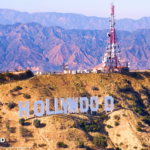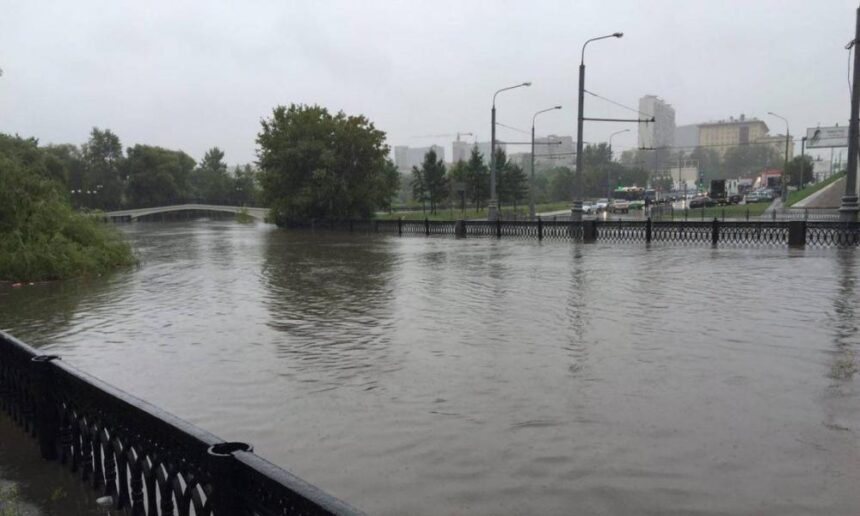Every responsible Mongolian today is concerned about the current outlook for the socio-economic development of Mongolia, economic decline, the growing gap between the rich and poor, and increased politicization in our society, and is looking for ways to make changes and fix these problems. The Democratic Party was once given a lot of faith and chosen to clean up politics and deliver the benefits of economic development to every house-hold. However, despite acquiring gov-erning power and holding most senior positions, they have been having dis-agreements internally, which has even-tually turned our law enforcement agen-cies against each other. It is time for us to engage in a broader discussion on ex-actly what the root causes of these prob-lems are and what steps should be taken by Mongolia to become a democratic, highly developed country.
WHAT KIND OF COUNTRIES DEVELOP SUSTAINABLY?
Development is dependent on po-litical and economic institutions. When the structure of political institutions supports the people in acquiring private property, allows them to take part in the market allocation of resources, and makes sure that they have a say in mak-ing laws, development is achieved three times faster and twice as efficiently as development in countries that lack such political institutions (Scully, 1983). It was explained by Australian develop-ment specialist Jim Scully, who used data that was collected for 20 years. However, economic institutions func-tion better in developed countries and they promote economic growth more in the long term than political institutions do, as cited in “Why Nations Fail: The origin of power, prosperity, and poverty” by Daron Acemoglu and James Robinson.
The Economic Research Institute (ERI) compared the national develop-ment policy and planning of Mongolia to those of countries with similar pro-files (Chile and Botswana), and pro-duced a study that cross-examined the findings of the above-mentioned schol-ars. ERI defined institution as “a con-cept that leverages interaction between all social agents while acting as a norm that regulates those interactions.” Political institutions provide repre-sentation for the public by making and implementing laws, developing policies for the socio-economic system, and us-ing other channels. For example, po-litical institutions can include political parties, labor unions, and judicial orga-nizations. In other words, these insti-tutions are in the form of an acknowl-edged structure that is based on rules and principles of the right to choose, government responsibility, and account-ability.
In Mongolia’s case, political parties, which are the only institutions that can obtain ruling power by winning an elec-tion, still have not been able to develop and grow stronger as an institution. This is the most important knot in the tangled rope of our economic development. In-stead of planning the socio-economic development of Mongolia for the mid and long term, our political parties are instead working only short-term during election cycles.
LUDICROUS PLAY BY MONGOLIAN POLITICAL PARTIES
Based on the experiences of countries that have successfully developed their economies, the ERI research suggests that one of the basic conditions for development is the consistency and stability of political and socio-economic policies regardless of the change in political parties. Those countries successfully established independent units (economic institutions) to develop mid and long-term socio-economic policies, and monitor and assess their implementation. They made sure that the economic institutions functioned well and were managed fairly in a democratic manner.
The secret to the political parties that have ruled those countries one after another being able to unite their people under patriotism, is that those political parties had a strong sense of ethical responsibilities and produced true leaders. One political party has mostly had ruling power and another has had it on two occasions for the 20 years since Mongolia’s democratic revolution. Mongolia has been upholding the new constitution and held several elections in those 20 years. However, neither of these two political parties has been able to develop and grow stronger as an institution, which is why Mongolia’s economic development is stuck in the mud today. It has also become hard to talk about the ethics of our two large political parties. Despite having worked in the most senior positions in the government, the former leader of one of those political parties was sent to jail in a corruption case.
The leader of the other political party, which currently has the ruling power, also finds his family members and loyal executives being investigated due to allegations of similar offences. Political party leaders have the responsibility to build and strengthen the capacity of political institutions. However, the main reason why these leaders are lacking true leadership is that political parties keep their sources of funding secret and have deviated from their primary responsibilities. Instead of acting as a bridge connecting ordinary citizens to the government, political parties are following orders from those who have made donations, making laws that favor the donors, exempting them from taxes, and protecting the business interests of certain people. Political party leaders today are trying to retain their power at all costs, while putting aside the interests of their party members as well as the rest of society. The Democratic Party, which currently has ruling power, stated in their charter that their National Consultative Committee meeting will be held no less than twice every year. However, it has been two years since they “completely forgot” about their commitment. Currently, there is a struggle going on in the upper echelon of the Democratic Party about the “fair allocation of power” to those factions that have made different “donations” from varying sources. In order to maintain their power, they established new ministries, created dozens of new positions, and added thou-sands of new employees. It increased the expenditures of the Government, expanded the amount of debt, weakened the tugrug, increased the inflation rate, and created the next economic shock.
The Democratic Party is trying to avoid producing their financial reports and refuses to reveal their sources of funding to ordinary citizens. But their leaders are declaring that they will make the financing of the government trans-parent and “make their wallets glass”. It is a play that is not only ludicrous, but also deceptive. The solution that will unlock the development of Mongolia is to bring about transparency and reveal political party financing. Unless every political party produces their financial reports truth-fully and have the reports reviewed by an independent auditing firm, the chain of corruption will never be broken. Political parties must at least make their activities transparent to their members and become an institution that does what it says. This way, we can establish capable economic institutions that can function efficiently. When that happens, Mongolia’s socio-economic development will be freed from the mud and shift to the next stage.







